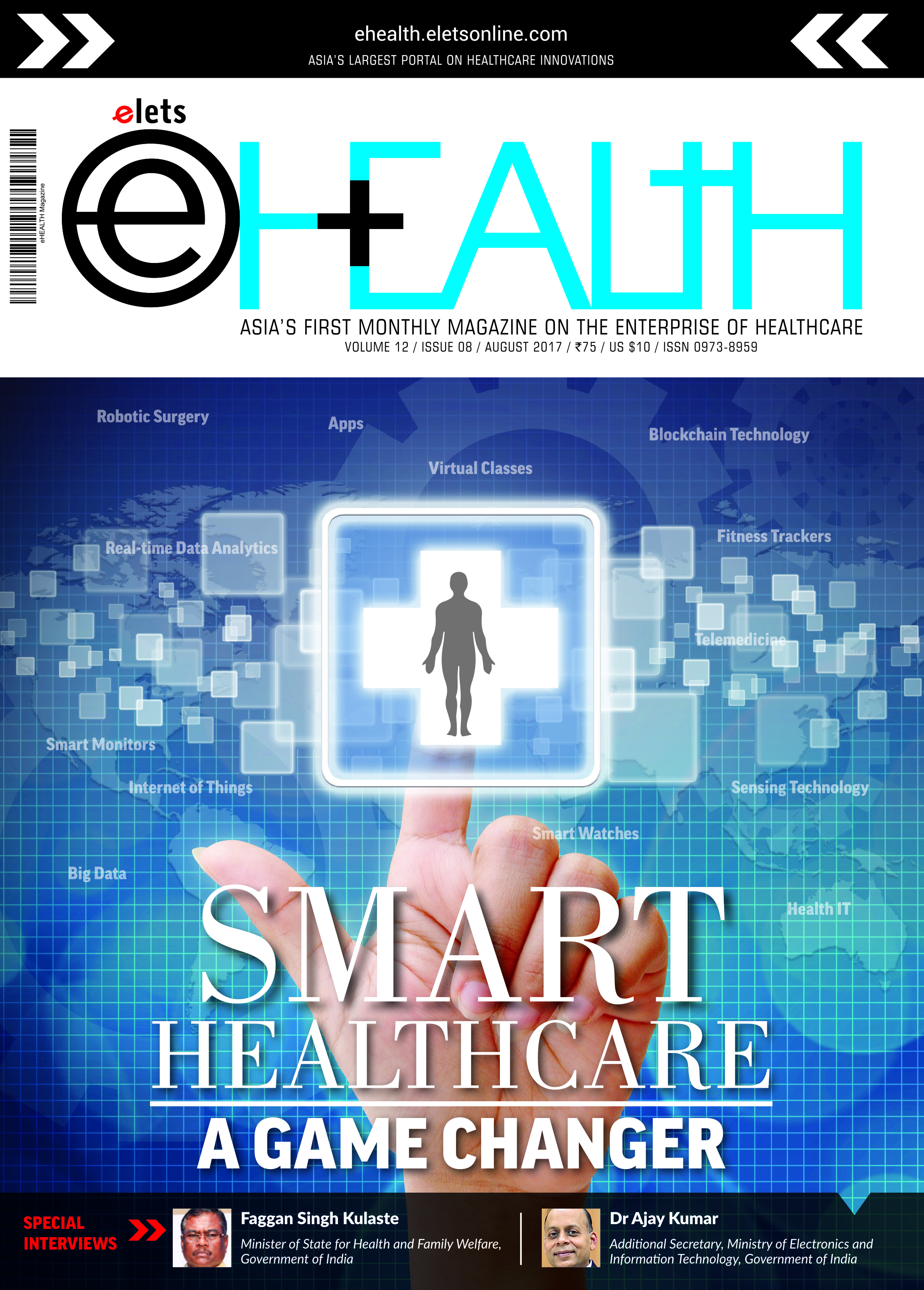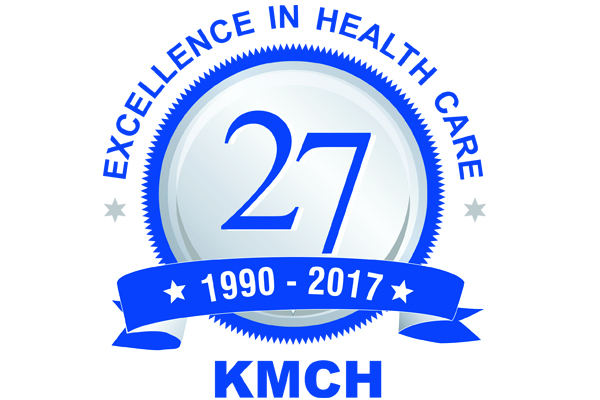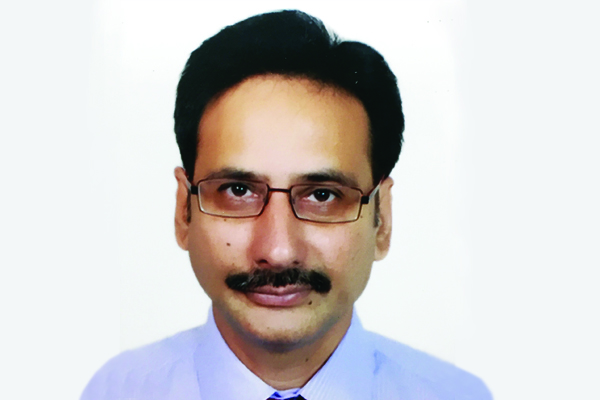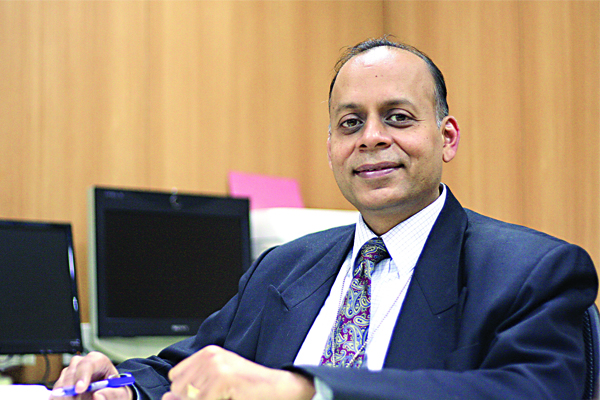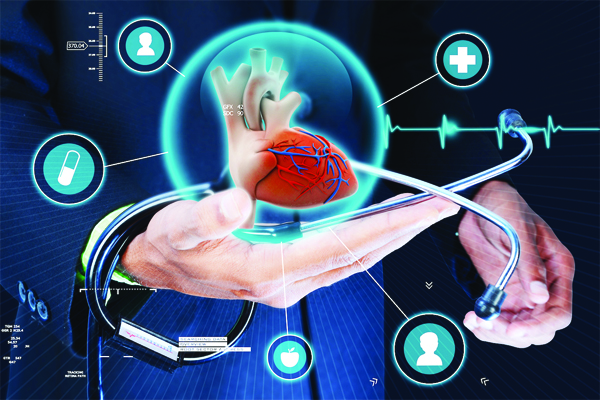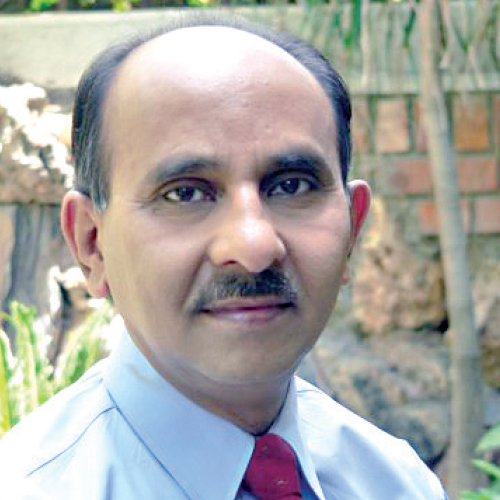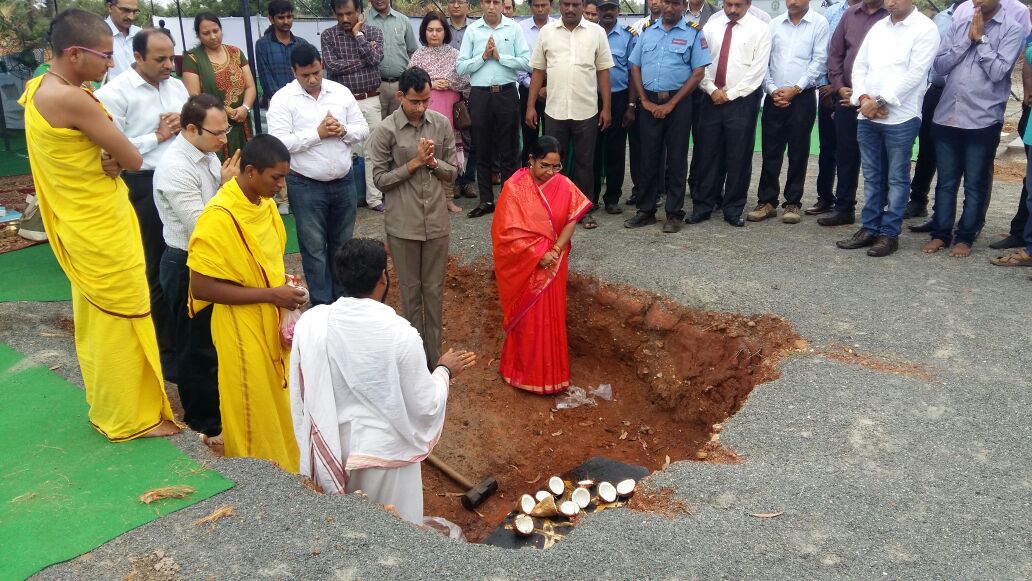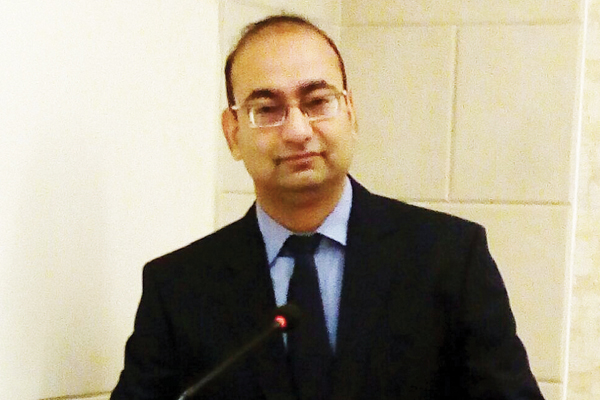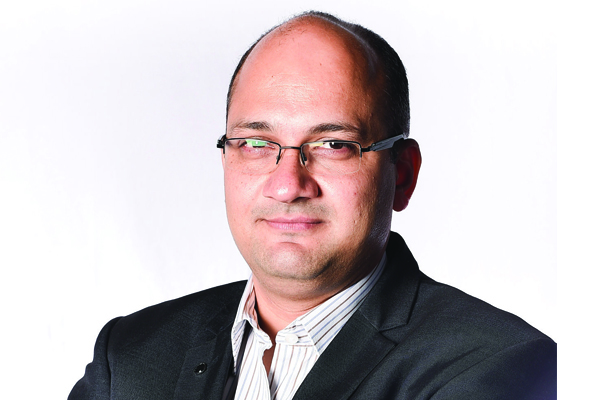
Elsevier serves healthcare professionals by integrating its evidence based content into the care process and help them improve patient outcomes, says Dr Lalit Singh, Director, Clinical Solutions and Product Strategy, Elsevier Health, in conversation with Elets News Network (ENN).

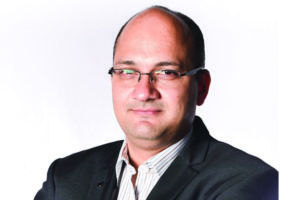
Director, Clinical Solutions and Product Strategy, Elsevier Health
Q. Tell us about the clinical solutions offered by Elsevier. What are the key advantages they offer to doctors and patients?

Elsevier clinical solutions provide information analytics solutions to academic institutions, hospitals and healthcare professionals to help them advance healthcare and improve clinical outcomes. These solutions help doctors and nurses deliver best possible clinical care and save lives by providing them evidence-based insights and clinical answers when required.

Elsevier suite of clinical solutions include clinical reference tools, clinical decision support solutions (Elsevier Order Sets and Elsevier Care Planning), diagnostic decision support solutions (STATdx and ExpertPath), and patient engagement solutions. As we know, all the stakeholders in healthcare delivery system have to work together through the various stages of a patients journey in order to positively impact quality of clinical care. Elsevier suite of clinical solutions is singularly focused on helping healthcare professionals improve clinical outcomes through evidence-based care.

Q. How do your solutions integrate current evidence into clinical care?
At Elsevier, we serve healthcare professionals by integrating our evidence-based content into the care process and help them improve patient outcomes. For example, our clinical search engine “ Clinical Key (CK) that is designed to suit the way healthcare professionals think and search for clinical information. It is indexed daily and continues to be updated as new resources are published, ensuring that every decision made is based on the most current evidence.
With its advanced search capabilities, CK helps physicians and healthcare professionals save time by recognising relevant clinical concepts as they type, and offering shortcuts to critical answers. It is also conveniently mobile and can be accessed on the go, making it easy to discover, share and apply content to support better clinical decisions.
One such example is the adoption of CK for nursing in Indias Breach Candy Hospital. The nursing team at Breach Candy has significantly enhanced its practice with access to timely, accurate, and relevant information at the point of care. Nurses can retrieve answers to their questions directly from CK via their mobile phones and tablets without having to go to the library. It has helped to shorten the time nurses need to find information, which helps them make well-informed decisions in their practice. Nurses report that they have saved at least 15 minutes of their valuable time when treating a patient.
Q. What are the new and evolving trends in health information technology that can help improve patient outcomes? How does Elsevier use these new technologies to improve healthcare?
Elsevier provides information analytics and decision support tools to healthcare organisations and health professionals to enable them to make better decisions, get better results and be more productive. We do this by leveraging a deep understanding of our customers to create innovative solutions, which combine content and data with analytics and technology in global platforms. There are several new and emerging technologies, which can help the healthcare organisations and health professionals, and Elsevier is at the forefront of combining advanced technology and evidence based information for improving the healthcare quality and outcome.
In my view, out of all these new and emerging technologies, Machine Learning (ML) and Artificial Intelligence (AI) will have the greatest contribution to healthcare in the coming years. These combined with big data, cloud computing and predictive analytics will increasingly help to create a more efficient and safe healthcare system. Also causing disruption in technology are wearable devices using sophisticated sensors, which when combined with big data analytics and artificial intelligence, will help deliver better and more effective care in a more efficient manner.
Q. What are the key components of a robust clinical decision support strategy for a healthcare organisation?
It is very important for a healthcare organisation to have a well thought through Clinical Decision Support (CDS) strategy, which is aligned with the strategic, clinical and commercial goals of the organisation. The four key elements of a good CDS strategy include clearly defined CDS goals, the four pillars of CDS strategy, i.e., physicians, nurses, other clinicians (including pharmacists, therapists and other non-physician, nonnurse care providers) and patients (including, family, friends, and other social support).
The other two elements include push and pull solutions and the four foundation layers of a CDS solution, i.e., access to reliable clinical information, meet information needs of all four pillars, serve information across the care continuum and CDS solution that is minimally disruptive to the clinical workflow and should ideally be integrated into the providers workflow.
Q. How will evidence-based medicine bring down overall cost of healthcare delivery, especially in a country like India?
One of the greatest challenges of healthcare reform worldwide is the reluctance of those paying for technology to invest in evidence based medicine (EBM) and CDS solutions. Both the public and private sectors hold the responsibility of curbing costs, and developing tools that will help healthcare providers in tailoring smart care plans for diagnosis, treatment and management.
At the moment, the Indian Government spends 1.15% of GDP on health. While the government works towards its goal of universal health coverage, and meeting the United Nations Sustainable Development Goals (SDGs), India needs to adopt a multipronged approach to address the complex issues around accessibility and affordability of quality healthcare. This would require the government to aid healthcare providers to practice evidence-based medicine delivered through smart CDS solutions, besides increasing the funding for healthcare and improving physical infrastructure in the country.
Advocated as a method to improve clinical outcomes, the incorporation of EBM into powerful CDS solutions has the potential to transform healthcare safety, quality, and even reduce the cost of healthcare. This is due to the ability to eliminate the use of medications and treatments are not effective and focus on those that have been proven successful.
Be a part of Elets Collaborative Initiatives. Join Us for Upcoming Events and explore business opportunities. Like us on Facebook , connect with us on LinkedIn and follow us on Twitter , Instagram.
"Exciting news! Elets technomedia is now on WhatsApp Channels Subscribe today by clicking the link and stay updated with the latest insights!" Click here!






